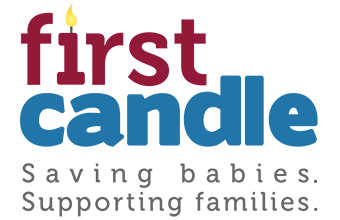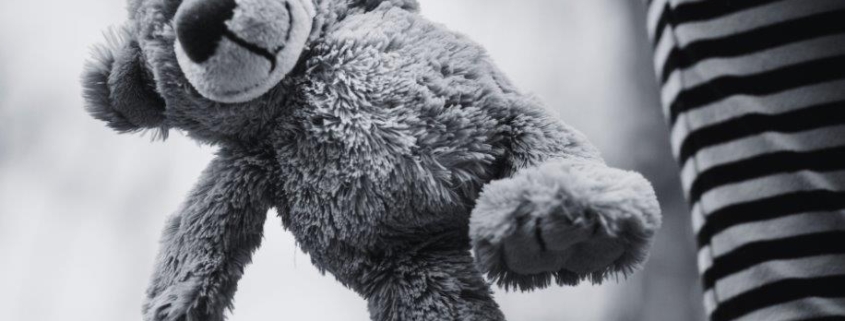The Consequences of the Abortion Ban
By Sarah Beach
In the news this week I found an article in Time that shocked me, as it stood out from all of the tough news we see every day.
My work with First Candle, which deals with infant loss through its work to end Sudden Unexpected Infant Death (SUID) and its support for grieving parents, means I am always on the lookout for news about birthing and maternal outcomes. First Candle provides education on infant safe sleep practices, including direct outreach to underserved communities and meeting families where they are. The message is simple: When it’s time for baby to sleep it’s never in a lounger or on the sofa, but on his or her back on a flat, firm mattress with no bedding, pillows, or other objects. But the simple message is part of a much larger framework.
First Candle’s work around getting babies through their first year of life also means working in the universe of both maternal and infant health and mortality. The story I found was about a 13-year-old rape victim in Mississippi who had no option but to give birth. Abortion is now illegal in Mississippi, her nearest abortion provider was in Chicago, a nine hour drive away, and her mom could neither afford the trip and the cost of the abortion nor the time off work. So the child did “what other girls with no options do: she did nothing.”
Whatever your views on abortion, it’s undeniable that the situation this 13-year-old child found herself in was horrific. Not only had she been raped, but she was now forced to carry a baby to term in a state with the second highest maternal mortality rate in the U.S. (43 deaths per 100,000 live births) and where Black women are four times as likely to die from pregnancy-related causes as White women.
There is concern that the consequences of the abortion ban will include rising rates of maternal and infant mortality, as women whose health is compromised face risk during delivery, and as rates increase of preterm (< than 37 weeks) and low birthweight (< 5lbs. 8 oz.) infants, putting them at higher risk of SIDS or other causes of death.
There is also the question of access to prenatal care. The American Academy of Pediatrics recommends regular prenatal care, routine infant immunizations, and breastfeeding exclusively for at least six months to a year.
We know through our work with community organizations that many rural areas in the South, including Ashley’s town, have little access to maternity care. “More than 24% of women in Mississippi have no birthing hospital within a 30-minute drive, compared to the national average of roughly 10%.”
This means many pregnant people may not see a healthcare provider until they are far along in their pregnancies. It can mean virtually no prenatal care, no follow up, few immunizations and certainly no one to teach a new mom how to breastfeed successfully. And no one to check on a baby’s development, and no one to talk to about safe sleep.
The U.S. today has one of the highest levels of infant and maternal mortality among developed countries. According to the CDC, in 2020, the infant mortality rate was 5.4 deaths/1,000 live births, and there are disparities: The rate for White infants was 4.5/1,000, for Hispanic 5.0/1,000 and for Blacks 10.6/1,000 (2019). The maternal mortality rate for non-Hispanic Black women was 69.9 deaths per 100,000 live births, 2.6 times the rate for non-Hispanic White women (26.6) (2021).
We recognize the impact of social determinants of health – where and how you live can determine your level of care – and that out there are the 13-year-old Ashleys, still children themselves, who will need the support of their families and their communities as they make their way through maternity and parenthood.
The answers will lie in community-based outreach such as our Let’s Talk Community Chats program, and in identifying what the needs and risks are and the feasible ways to address them. In the post-Dobbs world in which states find themselves, effort has to be put into recognizing the threat of increased maternal and infant mortalities and countering it.
If you would like to help First Candle in their work to save babies and support families, please donate here.




